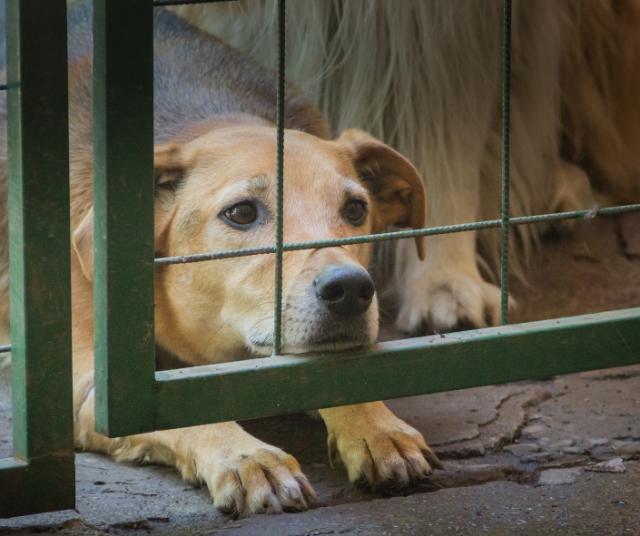Animal abuse is an issue of global concern that affects various species and comes in different forms. In Mexico , this problem is not alien, and its magnitude requires urgent attention. Explore the panorama of animal abuse in the country, its causes, consequences and the necessary measures to combat this cruel reality.
The panorama of animal abuse in Mexico
Animal abuse in Mexico is a widespread and complex problem. It manifests itself in various forms, from direct physical cruelty to abandonment and neglect. It is estimated that millions of animals are abused each year in the country, including dogs , cats , farm animals, and wildlife .
Pet abandonment is one of the most common forms of animal abuse in Mexico. Many irresponsible owners decide to get rid of their pets, leaving them to fend for themselves on the streets. These animals suffer from hunger, disease, accidents and are easy prey to violence from other people or from the urban fauna itself.
In addition to abandonment, numerous cases of physical cruelty towards animals are reported, such as beatings, poisoning and mutilation. There is also a worrying incidence of dog and cockfighting , in which animals are subjected to extreme suffering for the purposes of entertainment and illegal gambling.
Causes and factors that contribute to animal abuse
Animal abuse in Mexico cannot be understood without analyzing the underlying causes and factors that contribute to its existence. Some of the main factors include:
- Lack of awareness and education: Many people are unaware of the basic needs of animals and consider them mere objects of property. The lack of education on animal welfare and the importance of treating them with respect is a determining factor in mistreatment.
- Poor legislation and law enforcement: Although Mexico has laws that prohibit animal abuse, the lack of effective enforcement and impunity encourage the perpetuation of this problem. In addition, the penalties for animal abuse are usually minimal, which does not deter offenders.
- Commercial exploitation of animals: The indiscriminate breeding of animals for commercial purposes, as in the case of clandestine farms , promotes their exploitation and abuse. Profit takes precedence over the welfare of animals, which perpetuates their suffering.
- Culture of violence: Violence in different areas of Mexican society can extend to animals. When there is a normalization of violence, individuals are more likely to act cruelly towards animals.
Consequences of animal abuse
Animal abuse has negative consequences both for animals and for society as a whole. Some of the consequences include:
- Animal Suffering: Abused animals experience physical and emotional pain. They are sentient beings capable of experiencing fear, stress and anguish. Prolonged abuse can lead to irreparable damage to your health and well-being.
- Public health problems: Animal abuse can also have public health repercussions. Abused and neglected animals can spread zoonotic diseases, such as rabies and leptospirosis, which can affect humans.
- Indicator of social violence: Animal abuse is considered an indicator of social violence . Studies have shown that those who commit cruelty to animals are more likely to commit violence against other human beings.
Necessary measures to combat animal abuse
It is crucial to take concrete measures to combat animal abuse in Mexico. Some of the actions that must be taken include:
- Strengthening of legislation and its application: It is necessary to improve and strengthen existing laws against animal abuse, increasing sanctions and guaranteeing their effective application. In addition, it is essential to promote reporting and facilitate the investigation of reported cases.
- Education and awareness: More education on animal welfare is required from an early age. It is essential to include educational programs in schools that promote respect for animals and their responsible care.
- Encouraging Responsible Adoption: Policies should be implemented that encourage responsible adoption of animals rather than purchase. This involves establishing sterilization programs and promoting adoption rather than pet purchase.
- Promotion of a culture of respect for animals: It is necessary to promote a culture of respect for animals in all areas of society. This involves promoting awareness campaigns, using the media to spread awareness messages, and holding events that highlight the value of animals.
It is everyone's responsibility to work to promote animal welfare , respect and protection of those beings that share our environment. Only then can we build a more just and compassionate society, both for human beings and for animals.
